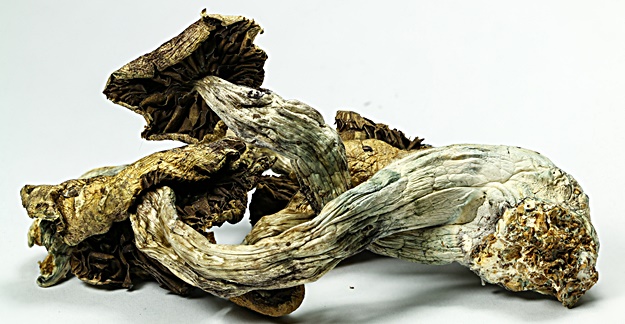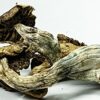One of the psychedelic compounds found in so-called “magic mushrooms” may help ease depression in people who have failed on other treatments.
A new study, published in Lancet Psychiatry, found that people with depression who were given psilocybin, which occurs naturally in certain kinds of mushrooms, twice 7 days apart, saw their depressive symptoms subside as early as a week and as long as 3 months after the first dose was administered. In addition, improvements in anxiety and anhedonia, the inability to experience usually pleasurable activities, were seen.
Although psychedelic effects were seen after taking psilocybin, they typically wore off after 6 hours. All patients also had some temporary anxiety as the drug began to take effect, but that quickly subsided. Others complained of confusion, headaches and nausea, and that also tended to dissipate in a matter of hours.
While it’s not exactly clear how psilocybin may help to alleviate depressive symptoms, the compound is known to stimulate serotonin receptors in the brain. Serotonin, a neurotransmitter, is thought to contribute to feelings of well-being and happiness.
The authors noted that prior studies have provided preliminary evidence that psilocybin may also be effective for end-of-life anxiety, obsessive-compulsive disorder, and smoking and alcohol dependence.
However, before you go and eat some “magic mushrooms” to ease depression, it’s important to note that the study included just 12 people, and there was no control group as a basis for comparison. In addition, the trial participants offered to take part in the study, so the improvements felt may have been psychosomatic in nature as they would more likely to want the treatment to work.
Also, they all knew they would be getting the drug (open label), as opposed to double-blind trials, where patients are unaware if they are getting a drug or a placebo.
“This study provides preliminary support for the safety and efficacy of psilocybin for treatment-resistant depression and motivates further trials, with more rigorous designs, to better examine the therapeutic potential of this approach,” the researchers conclude.
Other drugs with known psychedelic effects, such as ketamine, are also under investigation as potential depression treatments.






